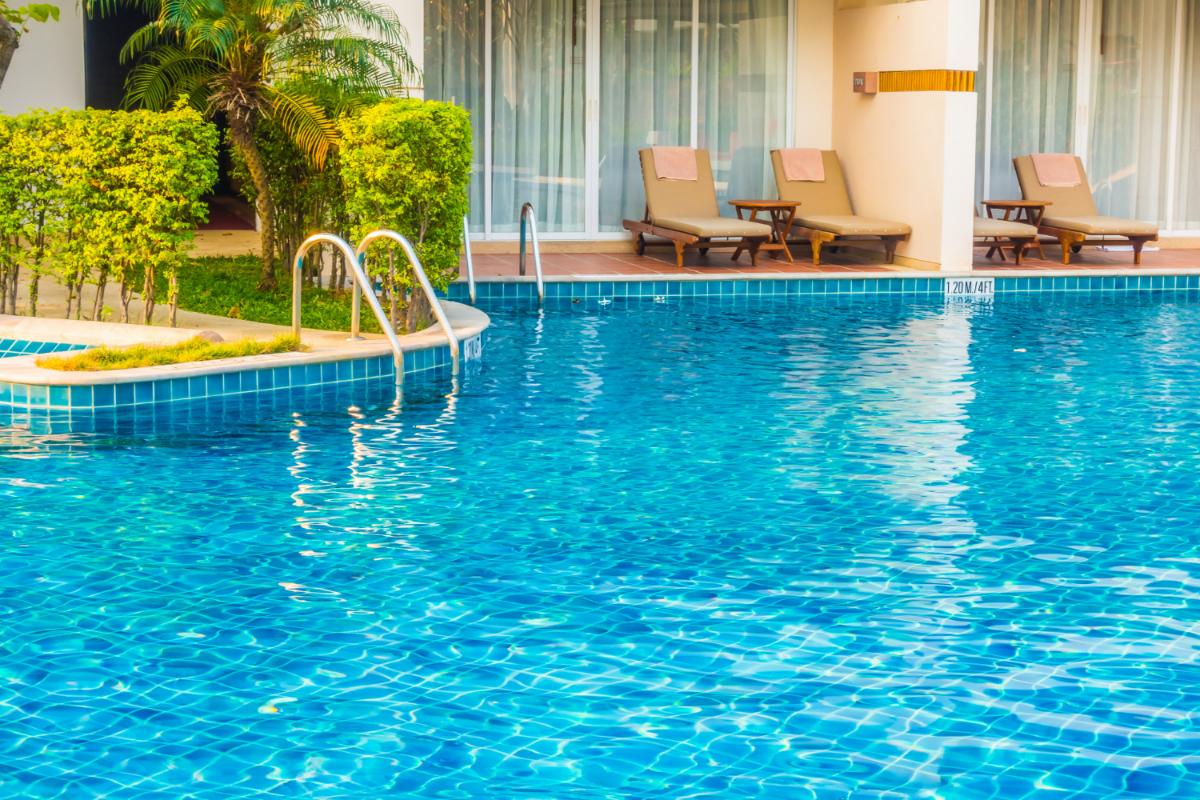
We live in a society that is full of individuals who maintain their own thoughts, misconceptions, and superstitions. Unfortunately, the same can be said for our family members. Our experts on pool renovation in Orlando offer this list of common myths you might hear regarding swimming pools. Here we will discover how much truth is behind them.
Don't swim after eating.
This is the most common thing we hear from our parents involving swimming pools and other bodies of water. There is a little truth behind it because when we have a large meal, our stomach produces greater blood flow to support digestion. This can make your body work a little harder in the pool to swim. However, if you can't resist your desire to get into the pool, you can instead choose some lighter food that is easier for your body to digest.
If your pool is stinky, it has excessive chlorine.
The second myth we often hear is that excessive chlorine in the pool water causes it to be smelly. However, the truth is the opposite, as the smell is caused by chloramines in the water and air surrounding your pool due to a low chlorine level in the water. So next time you experience that scent, it is time to adjust the chlorine level in your swimming pool.
There is too much chlorine if your eyes burn when opened underwater.
This is an entirely false assumption. It is not the chlorine that causes burning. It is a need for an adjustment of the pH level of your pool water. A pool with a pH level between 7.2 and 7.6 is always safe for underwater swimming, causing no redness or burning sensation in your eyes.
There is no chlorine in saltwater pools.
Individuals assume that a saltwater pool is never treated with chlorine. But honestly, they are cleaned using an electric current via a process called electrolysis. This process directs to the formation of chlorine in the water. Moreover, it is also valuable for sanitization and preventing algae development.
A clear pool is clean and safe.
We are often deceived by the appearance of the water in a swimming pool. But you can never assume that a clear swimming pool with clean water is safe. The pool can only be considered safe when it has a balanced chemistry with the right amount of chlorine and the proper temperature, pH, and other chemicals. So never rely on a pool's appearance to measure its level of safety.
So, the next time you experience any of these five myths, you can explain the truth to people and enjoy your time in the pool knowing you are adequately informed. Then, when you need pool renovation in Orlando, call us first. We have the experience and expertise to get the job done right every time. Our focus on customer service and satisfaction allows us to exceed your expectations with every service we offer.